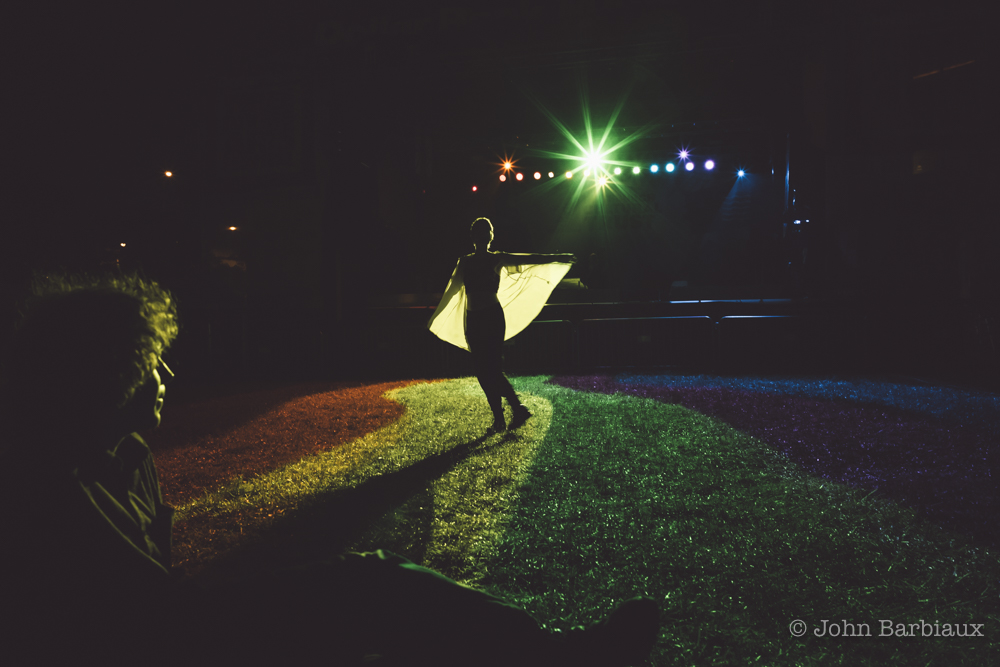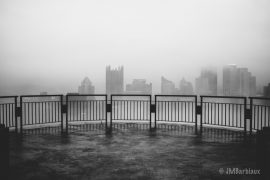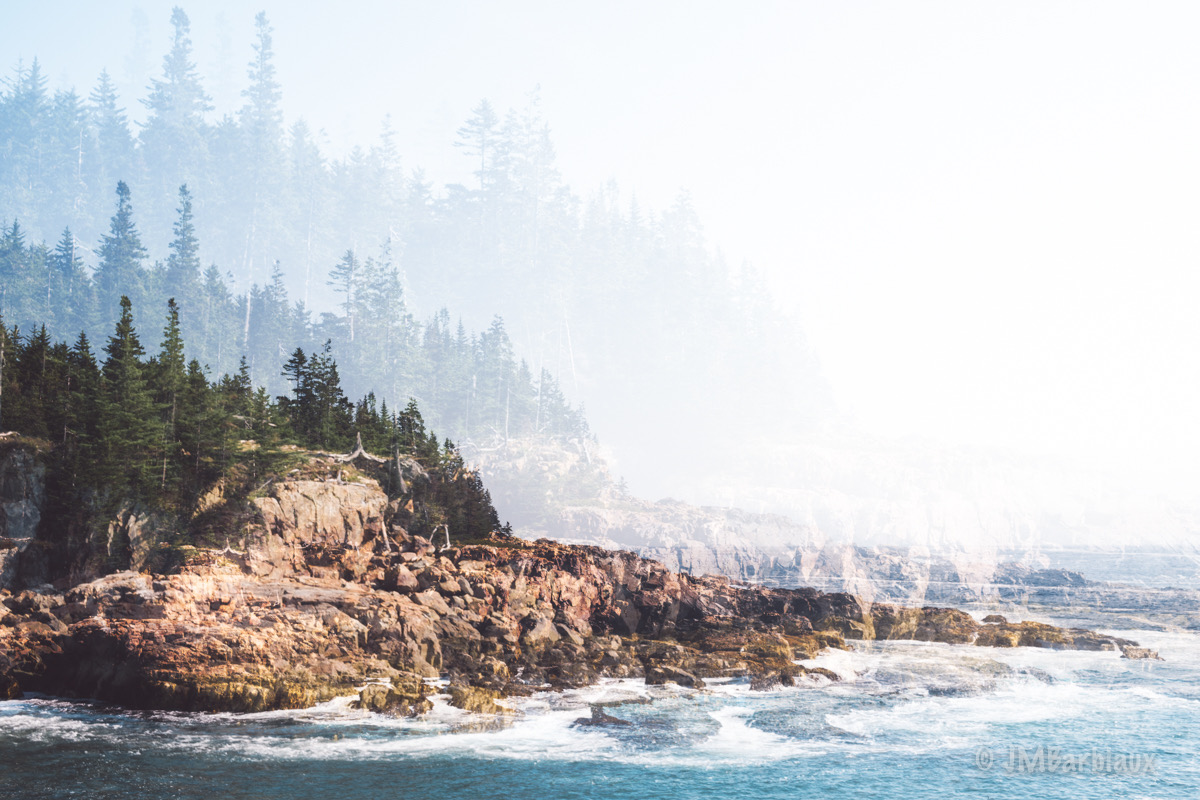Whatever you visualize when you hear or read the word street photography you can wipe it out of your mind. Street Photography has so many different definitions to so many different people that it’s almost an all encompassing genre of photography these days. Like many diet fads, people tend to assign whatever definition to street photography that creates the least path of resistance. There is, in fact, a decent definition out there from my friends over at Wikipedia.
Street Photography: also sometimes called candid photography, is photography conducted for art or enquiry that featured unmeditated chance encounters and random incidents within public places.
Wikipedia
Notice I said “decent” definition. There is an edit that needs done to eliminate the “within public places” part. You need only look so far as street photographers like William Eggleston and Stephen Shore, two world renowned street photographers who documented not just public spaces but personal/private spaces as well. In fact, I would go so far as to say that the more personal street photography is the more powerful it tends to be.
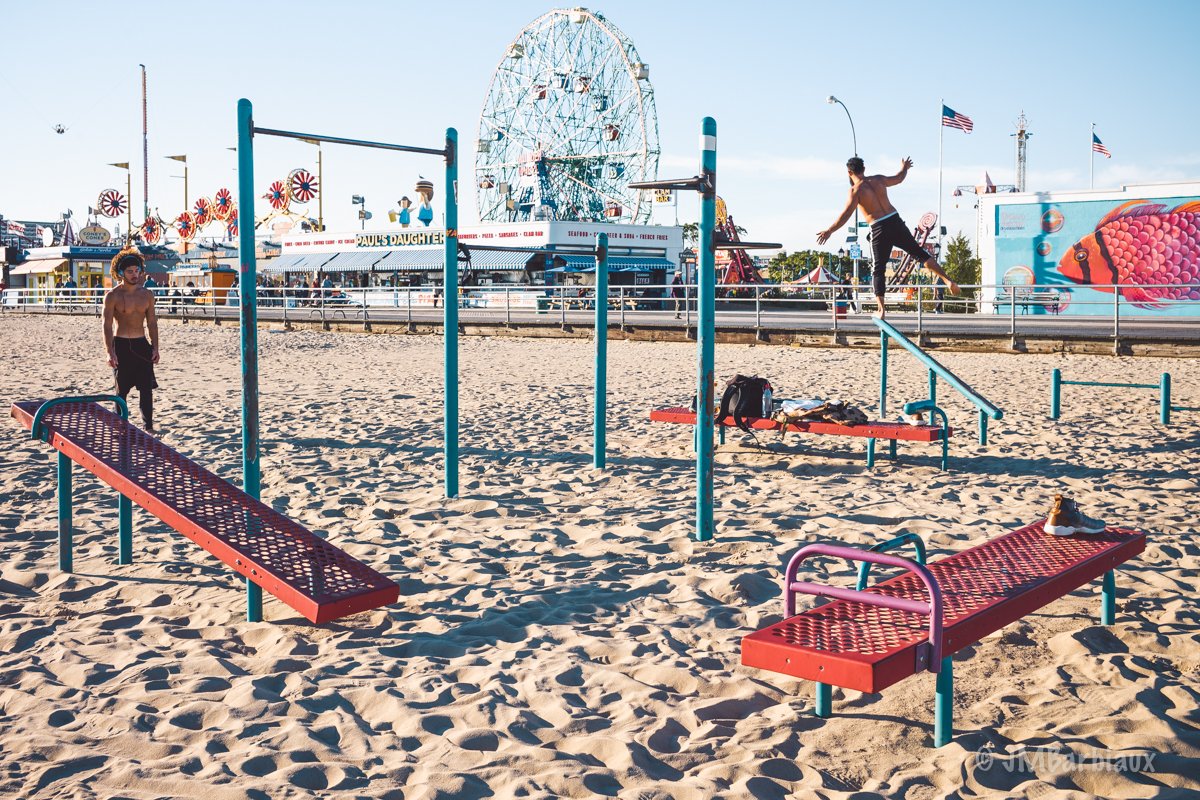
Throw into the mix the popular book Humans of New York and you add even more fog to an already foggy interpretation. If we stick to the “candid” definition above then that would preclude someone who interacts with their subjects, asking them to pose this way or that. It’s a rather polarizing debate among many street photographers. Is it documentary, lifestyle, or street? Is there overlap between the genres?
Now, do you see why street photography is so difficult to put into a box. One man or woman’s street photography may not be another’s. In fact, people can get downright defensive when things don’t line up with their world view and beliefs. And who has the authority to say, definitively, what is and is not street photography?
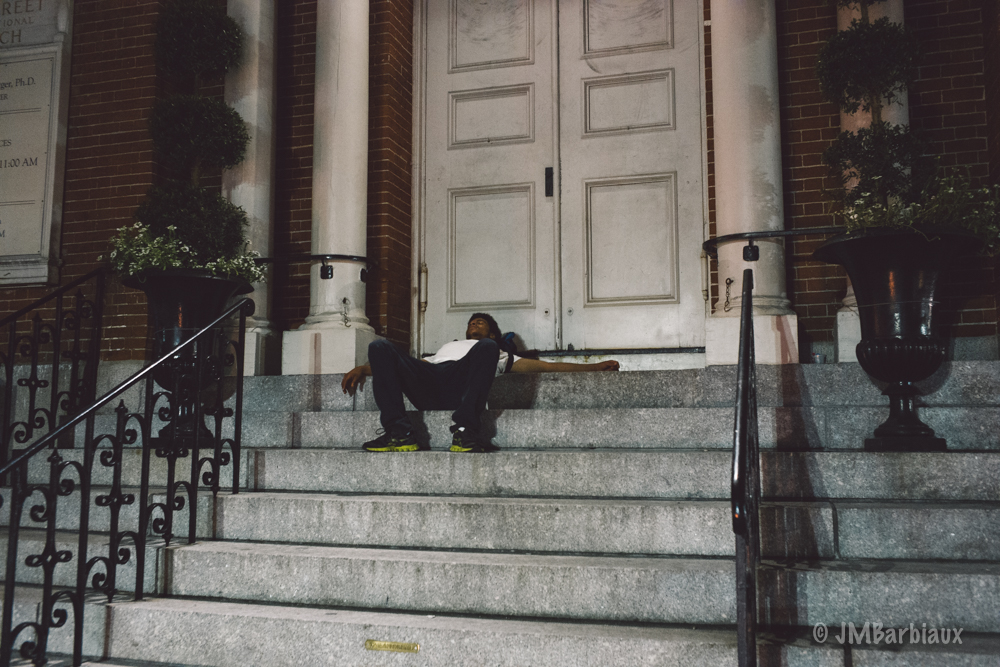
Street photography is the Wild West of Photography. The genre is still developing and the boundaries are still being pushed to the extreme. The bar of entry is lower than ever before for photography and although many photographers find this to be frustrating (think more competition) I think it’s the best thing that could have ever happened to street photography. Having a broad strokes definition of street photography is much more beneficial than a rigid “this way or that” box that would leave little room for innovation and exploration.
Street photography was pioneered by maverick photographers who often built bodies of work around subject matter that was only interesting to them and/or controversial, without a worry of what others would think. Perhaps it’s my rebellious nature but I prefer the freedom to work without trying to fit into a box someone somewhere created for me.
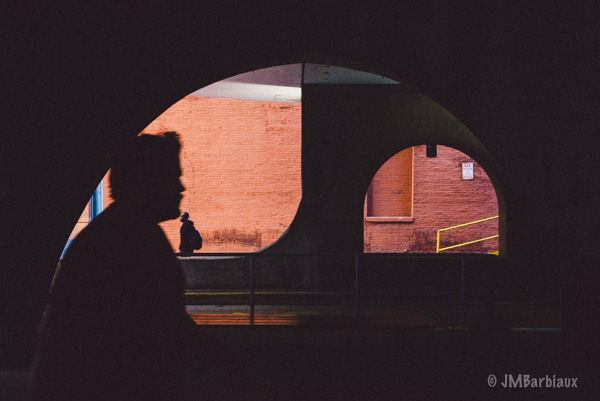
Thanks for reading! Feel free to leave your thoughts in the comments section below. If you’d like to stay up to date with my work you can follow me on instagram @PhotolisticLife.

